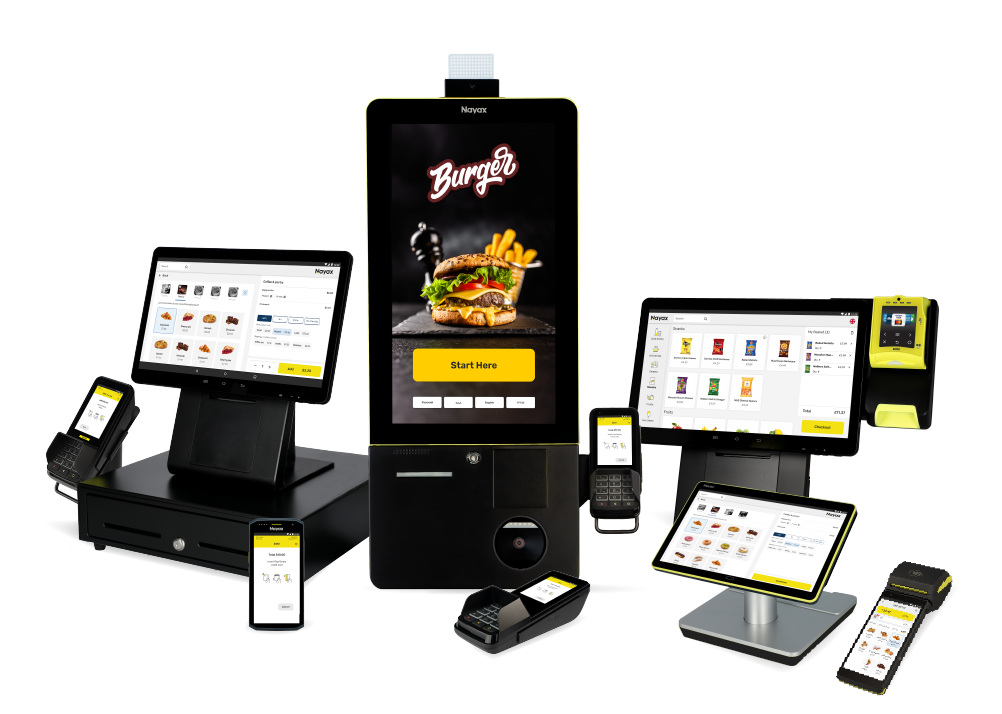You can read this blog to explore some of the key trends currently shaping the hospitality industry that businesses should prioritize to achieve success:
10 Latest Trends in the Hospitality Sector:
- Personalisation through Technology
- Sustainability and Eco-Friendly Practices
- Health and Wellness Offerings
- Digital and Contactless Solutions
- “Bleisure” Travel Accommodations
- Immersive and Experiential Travel
- Focus on Diversity, Equity and Inclusion (DEI)
- AI and Data Analytics for Decision-Making
- Focus on Community Engagement
- Adapting to Changing Demographics
The hospitality industry is a dynamic sector, constantly evolving to meet the ever-changing needs and preferences of travelers and guests. To remain competitive and thrive in this environment, businesses must stay ahead of the curve by focusing on emerging trends.

1. Personalisation through Technology
Guests increasingly expect personalised experiences, and technology is the enabler. From AI-powered chatbots providing tailored recommendations to advanced Customer Relationship Management (CRM) systems tracking guest preferences, personalisation is becoming the cornerstone of exceptional service. Businesses should invest in tools that enable:
Real-time, customised communication before, during, and after the guest’s visit.
Personalised room settings (temperature, lighting, and entertainment preferences).
Tailored offers based on past stays and preferences.
2. Sustainability and Eco-Friendly Practices
Sustainability is no longer a niche interest but a mainstream expectation. Modern travelers are increasingly prioritizing eco-conscious businesses. To align with this trend, hospitality businesses should adopt:
- Energy-efficient systems, such as smart thermostats and LED lighting.
- Waste reduction practices, including eliminating single-use plastics and food waste programs.
- Partnerships with local suppliers to promote regional products and reduce carbon footprints.
Marketing sustainability initiatives effectively can also attract environmentally conscious guests.
3. Health and Wellness Offerings
Post-pandemic, health and wellness have become major priorities for travelers. Hotels, resorts, and other hospitality providers can capitalize on this by offering:
- Wellness-focused amenities like yoga classes, meditation spaces, and fitness centers.
- Healthy dining options, including plant-based and organic menu items.
- Spa and therapeutic services that cater to physical and mental well-being.
Wellness tourism is a rapidly growing segment, and businesses that cater to this demand can differentiate themselves.
4. Digital and Contactless Solutions
The adoption of digital and contactless technologies accelerated during the pandemic and continues to dominate the industry. These technologies enhance convenience and safety, including:
- Mobile check-ins and keyless room access.
- Digital payment options.
- QR codes for menus, room service, and information.
Seamless integration of these technologies not only improves operational efficiency but also meets guest expectations for convenience and hygiene.
5. “Bleisure” Travel Accommodations
The lines between business and leisure travel have blurred, giving rise to the “bleisure” trend. Professionals are increasingly extending business trips to include leisure time, and hotels can cater to this audience by:
Creating flexible check-in/check-out policies to accommodate varied schedules.
Providing high-speed internet and well-equipped workspaces.
Offering packages that combine work and relaxation amenities.

6. Immersive and Experiential Travel
Travelers today seek unique and memorable experiences. Businesses can cater to this by:
- Offering cultural immersion programs, such as cooking classes, local tours, or art workshops.
- Partnering with local communities to provide authentic experiences.
- Enhancing properties with Instagram-worthy design elements and features.
Creating a sense of place and connection can foster deeper guest loyalty.
7. Focus on Diversity, Equity and Inclusion (DEI)
Diversity and inclusivity are becoming critical in the hospitality industry. Businesses should ensure their offerings are inclusive by:
Promoting diverse hiring practices to reflect global audiences.
Training staff in cultural competency and anti-bias practices.
Providing services and amenities that cater to different cultures, dietary needs, and accessibility requirements.
8. AI and Data Analytics for Decision-Making
Data-driven insights allow businesses to optimise operations and improve guest experiences. Using AI and analytics tools, businesses can:
- Predict guest preferences and trends.
- Optimise pricing strategies using dynamic pricing models.
- Streamline inventory and resource management.
Harnessing data effectively can lead to smarter decisions and greater profitability.
9. Focus on Community Engagement
Hospitality businesses are increasingly becoming pillars of their communities. By engaging with local communities, businesses can:
Offer unique, community-driven experiences to visitors.
Strengthen their brand reputation.
Attract guests who value socially responsible businesses.
10. Adapting to Changing Demographics
The rise of Gen Z travelers, who prioritize authenticity, sustainability, and technology, is shaping the future of hospitality. At the same time, businesses must cater to aging populations seeking comfort and accessibility. Customising offerings for these diverse demographics ensures broad appeal.

The hospitality industry is brimming with opportunities for businesses that are willing to adapt and innovate. By focusing on trends like personalisation, sustainability, wellness, and technology, businesses can meet guest expectations and foster lasting loyalty. Staying proactive and embracing these changes will ensure continued success in this vibrant and competitive sector.
The Nayax is all you need to ensure success for your hospitality in embracing the 2025 trends with its affordable, world-known, successful POS & Payments Solution. Let’s start the discussion today about how Nayax can benefit your business.



